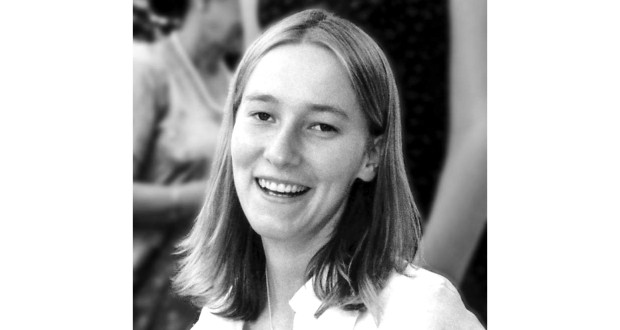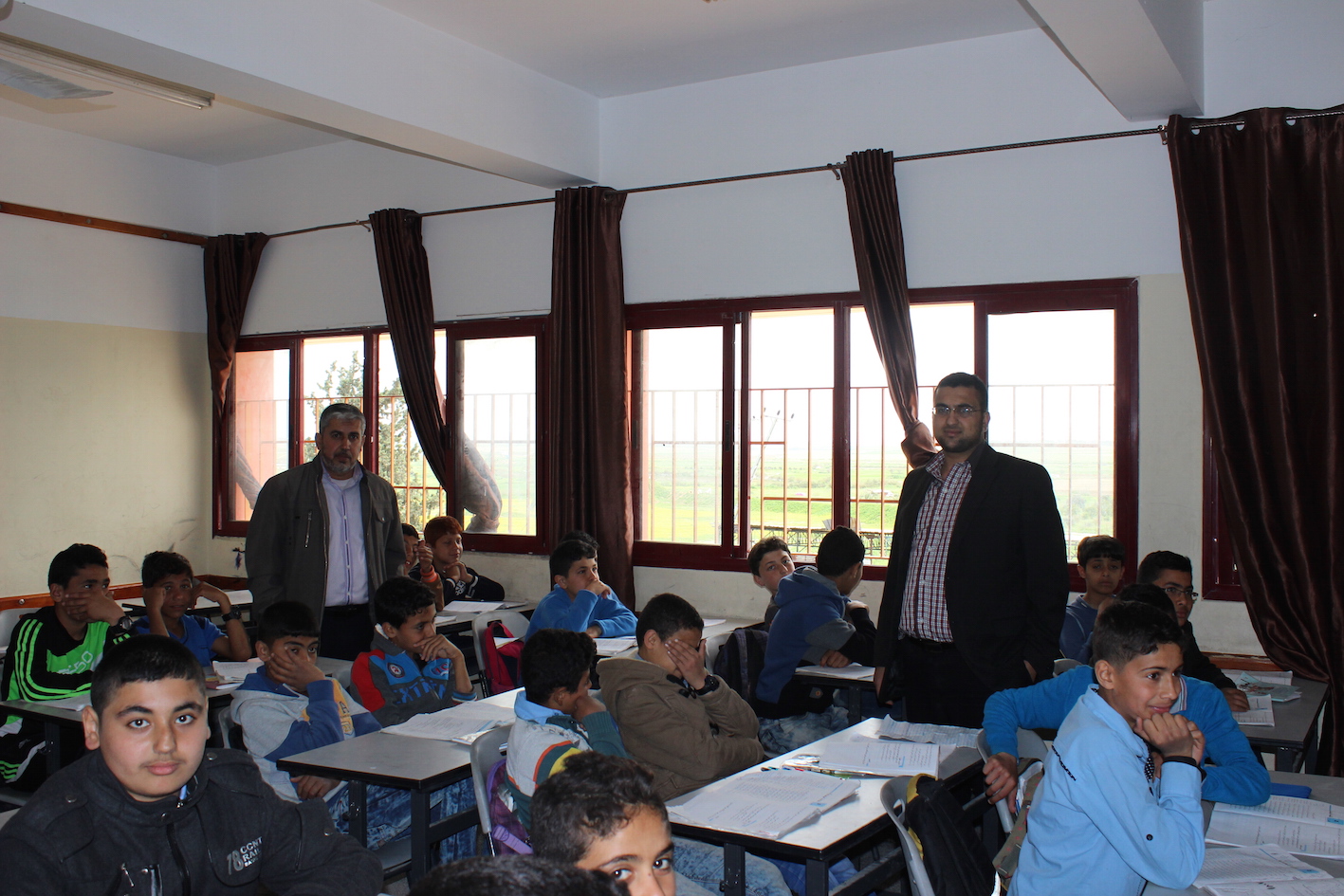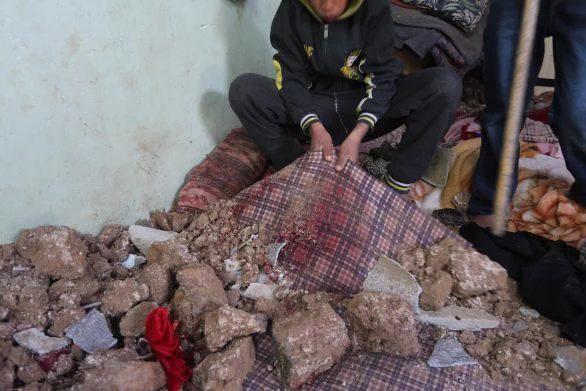Tag: Gaza
-
The 13th anniversary of Rachel Corrie’s death
15th March 2016 | International Solidarity Movement, al-Khalil team | Gaza, occupied Palestine Today marks the thirteenth anniversary since the passing of fellow ISM activist Rachel Corrie (April 10, 1979 – March 16, 2003). Rachel was tragically crushed to death under the front blade of an Israeli military, American funded, Caterpillar D9R bulldozer near Rafah, in the…
-
School shooting a near miss in Gaza
15th March 2016 | International Solidarity Movement, al-Khalil team | Gaza, occupied Palestine On the 2nd of March at 2pm, Israeli occupation forces fired into Beit Dajan School, located in Shijaia, near the annexation wall. Bilal Abu Asser was giving a lesson to his students when a bullet passed just next to his head. “Suddenly I…
-
Israeli airstrike kills 10 year old boy and injures others in Gaza
12th March 2016 | International Solidarity Movement, Al-Khalil Team |Ma’an, Occupied Gaza ******** Update Isra Abu Khosa, 6 year old sister of Yassin Abu Khusa, has died from the injuries she sustained in the bombing raid on Gaza by Israeli forces on Friday. ******** Children were the latest victims of last nights continued assault on besieged Gaza…



